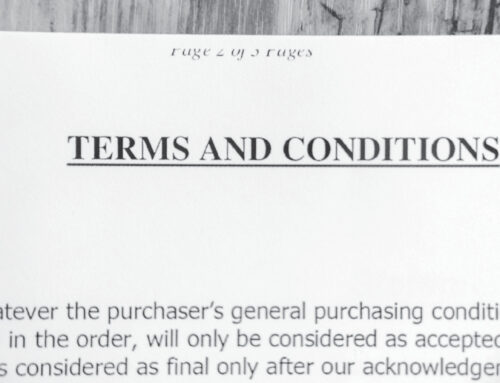The International Maritime Organisation (IMO) has been planning Sulphur Oxide emissions cuts for a decade, and it came to force in January 2020. Builders and owners are slowly inching moving towards alternative fuels altogether.
Pierre-Etienne Franc of Air Liquide and Saehoon Kim of Hyundai, Co-Secretaries of the Hydrogen Council, are of the view that the time is ripe, post Covid, for governments and companies to reprioritise efforts to decarbonise.[1] Some have coined the term ‘green recovery’ in describing how the industry can harness and leverage on alternative fuel sources like hydrogen and LNG to reduce carbon emissions. It is also time for governments and industry bodies to set standards and goals as we move into 2021.
This also means that there is some regulatory uncertainty. Would stricter regulations aimed at curbing emissions be implemented? It can be expected that existing regulations are not going to be eased, and it is likely to be tightened even further in the years to come.
Some Scandinavian and European builders and owners are leading the way. We greeted 2021 with news of MSC, the world’s number two ocean carrier joining the Hydrogen Council’s partnership on Hydrogen Fuel research and development.[2]
The Costa Group, which was the first in the cruise industry to use LNG powered cruise ships, are taking delivery of another LNG powered 185,000 GT cruise ship from Finland’s Meyer Turku.[3]
Holland Shipyards Group, a Dutch ship designer and builder, has secured a contract to build three more hybrid ferries for a German company, which uses a hybrid drivetrain that can be powered by either generators or by means of a battery bank.[4]
Although there is some push towards hydrogen, mass adoption will be difficult unless there is a case for a reduction of costs can be made for it. While wide scale adoption of zero-emission sources like electric-power or Hydrogen may be a while away, there is a noticeable undercurrent of building and retrofitting dual-fuel capable vessels, or at least planning to do so in the near future.[5]
We are interested to follow the technological developments and industry sentiments as we race through 2021.
Vik Pillay
Senior Associate (Admitted in Australia, Singapore and England & Wales)
[1] https://hydrogencouncil.com/en/how-we-respond-to-covid-19-will-define-our-future-energy-system/
[2] https://maritime-executive.com/article/number-two-ocean-carrier-joins-partnership-on-hydrogen-fuel-r-d
[3] https://www.offshore-energy.biz/costa-cruises-2nd-lng-powered-cruise-ship-floated-out-in-finland/
[4] https://www.offshore-energy.biz/holland-shipyards-group-to-build-3-more-hybrid-ferries-for-sfk/
[5] https://splash247.com/maritme-tech-2021-how-to-future-proof-investments/







